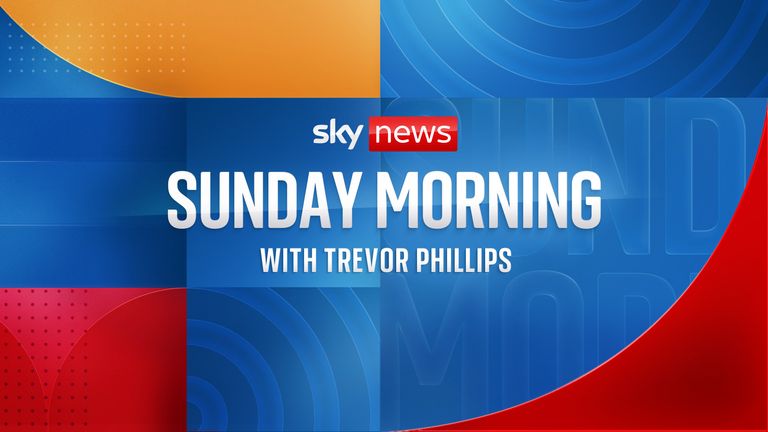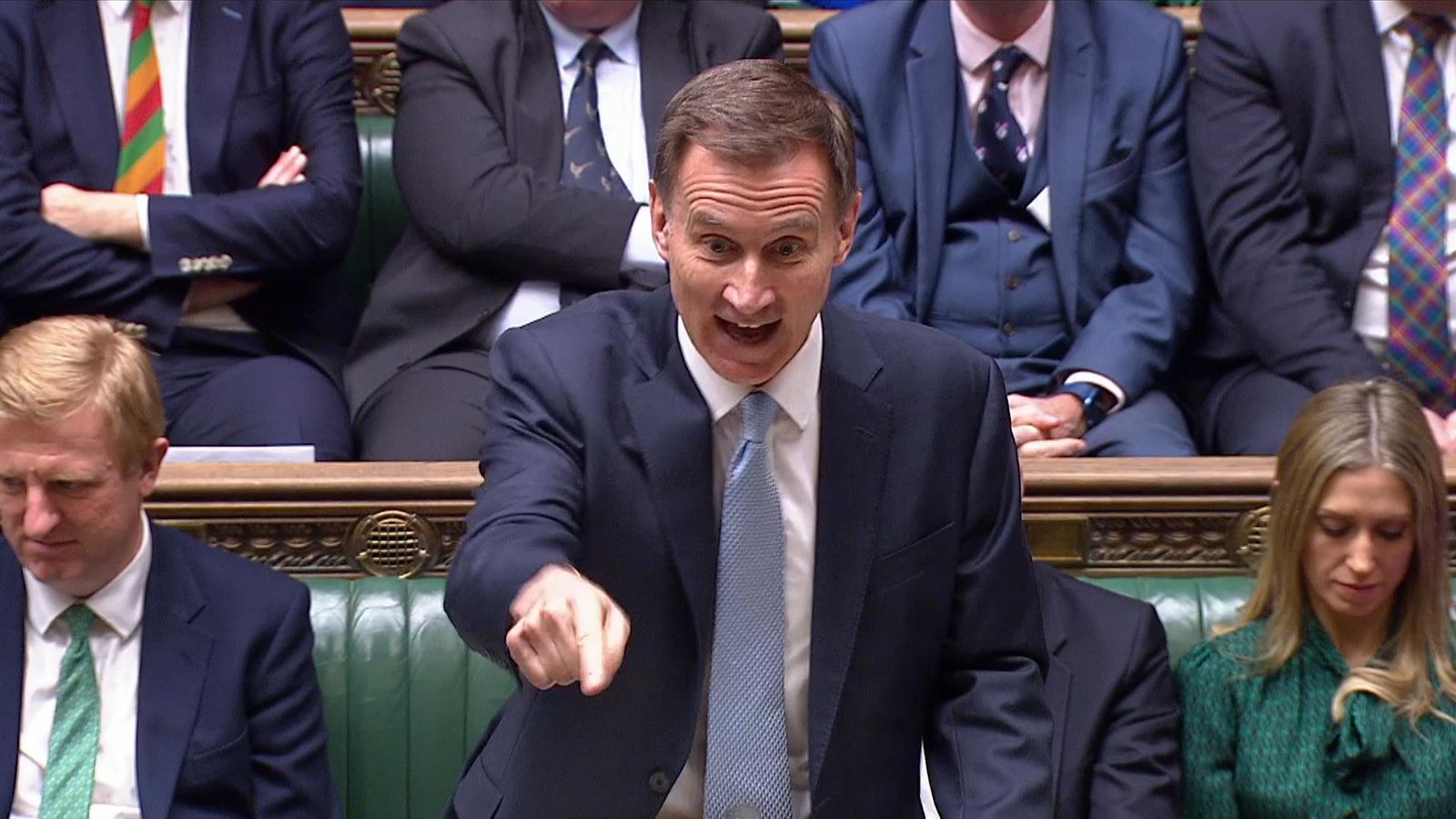More schools and other public buildings with structural problems could come to light, Jeremy Hunt says


The chancellor has admitted more schools and other public buildings with structural problems could come to light in the coming weeks.
It comes as the government investigates the extent of problems with crumbling concrete, also known as reinforced autoclaved aerated concrete (RAAC).
RAAC is a type of concrete that has also been used in public buildings, such as hospitals and court buildings.
More than 100 schools and colleges have been told by the Department for Education (DfE) to partially or fully shut buildings – just days before the start of the new school year – over fears about the safety of facilities built with RAAC.
The government has so far identified 156 schools that contain RAAC – with 104 schools or “settings” told to close or partially close, on top of another 50 where mitigations have already been put in place.
Watch and follow Sunday Morning with Trevor Phillips live
However, speaking to Sky News’ new politics show Sunday Morning with Trevor Phillips Jeremy Hunt admitted that more schools and other public buildings with structural problems could come to light as the government carries out its “exhaustive” programme into the problem.
“Obviously we might find new information in the weeks or months ahead and we will act on it, but in terms of the information we have today we have acted immediately, we will continue to act we will continue to invest,” he said.
The announcement by the DfE that some schools may be forced to close prompted anger from parents and opposition parties, with Labour accusing the government of “staggering incompetence”.
Advertisement
But Mr Hunt defended the government’s response to the issue, saying it would “take action immediately” on any risks – which also include concerns of possible asbestos outbreaks in public buildings.
“As soon as problems have been identified we’ve started a huge survey of every single school in the country so we could identify where these problems are,” he said.
“And I think it’s very important to reassure parents that where there is an issue as soon as we find out about it we will act.”
He added that the government would do “what it takes to make sure that children are safe” and that as chancellor he would “prioritise spending money to sort out these problems where that needs to happen”.
Elsewhere in the programme, Mr Hunt was asked about the state of the British economy after he welcomed figures from the Office for National Statistics (ONS) which showed that the UK’s economy was 0.6% larger than pre-pandemic levels by the fourth quarter of 2021 and had the third-fastest recovery in the G7 during that period – behind only the US and Canada.
He told Trevor Phillips:
• That despite the economy performing better than expected, he would not have taken a different approach because it was the government’s “priority” to bring down inflation – which peaked at over 11%
• His plan to reform the public sector does not involve “more cuts” and that the government will prioritise reducing debt over increasing borrowing by making public services more efficient and cutting the amount of time frontline staff spend on administrative tasks
• The government believes it is “morally wrong” to leave substantial debt to future generations – as he attacked Labour’s plans to increase borrowing by £100bn”.


